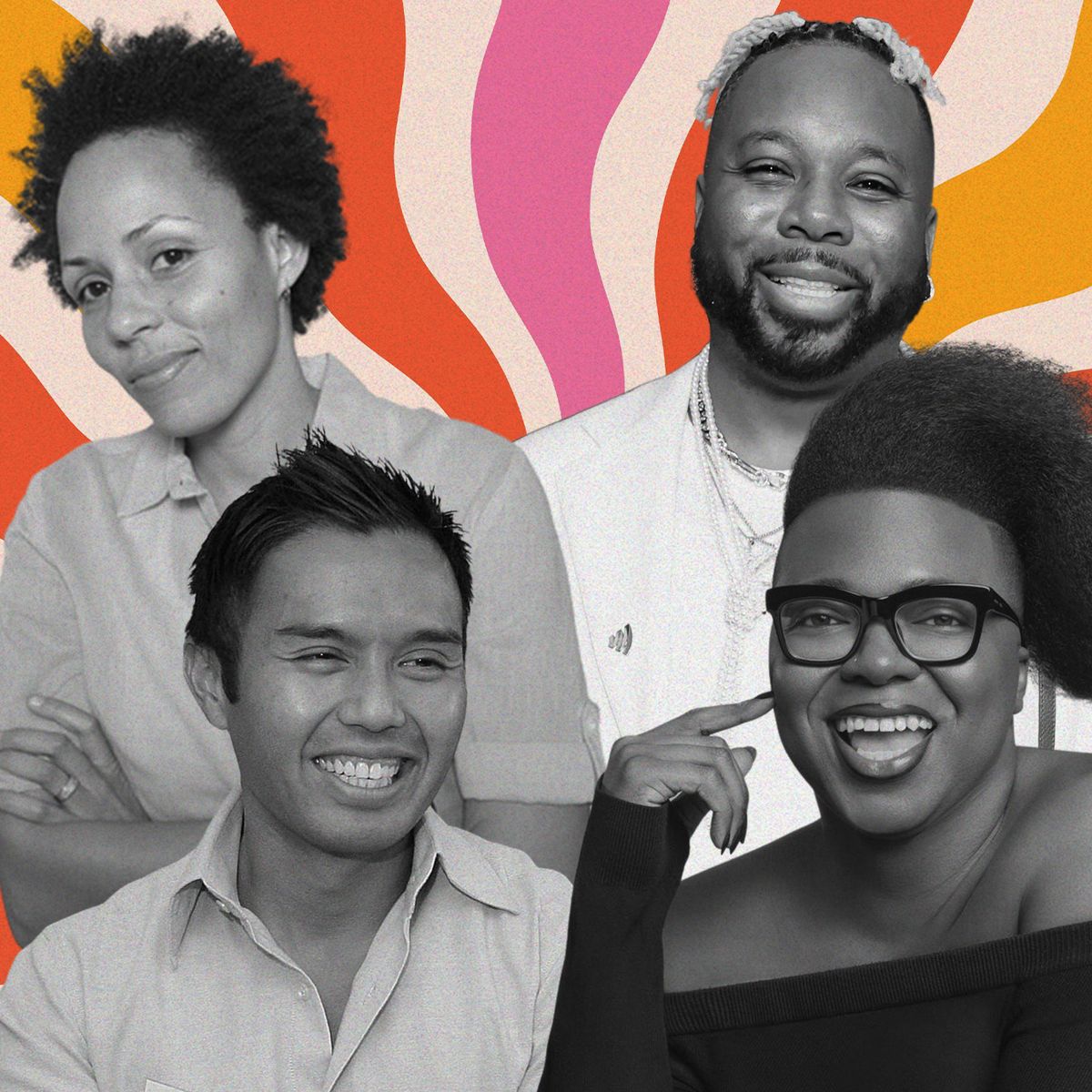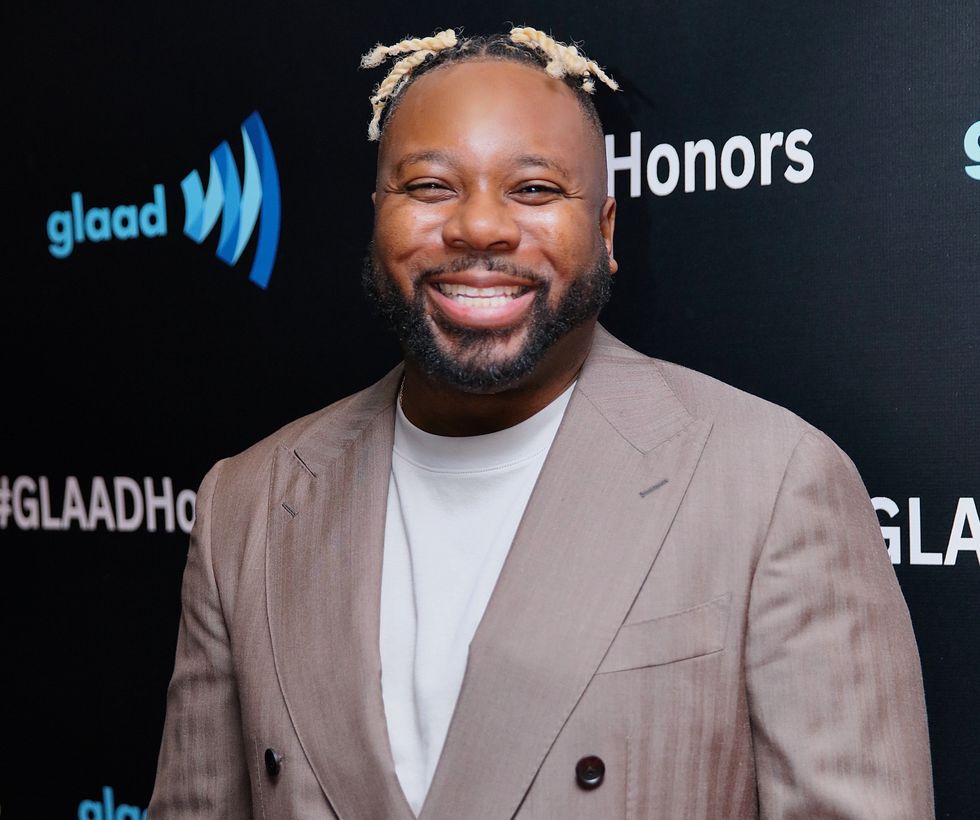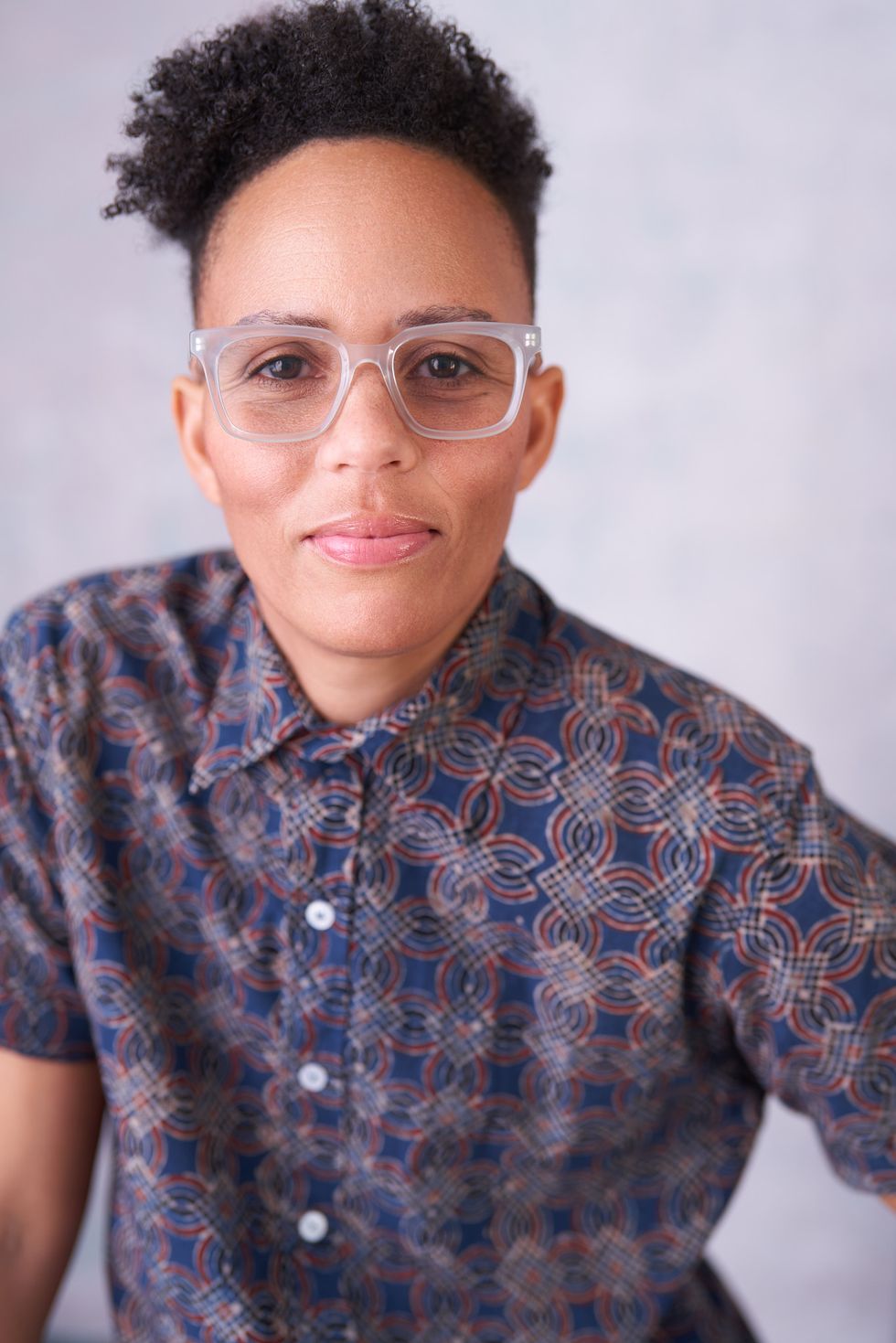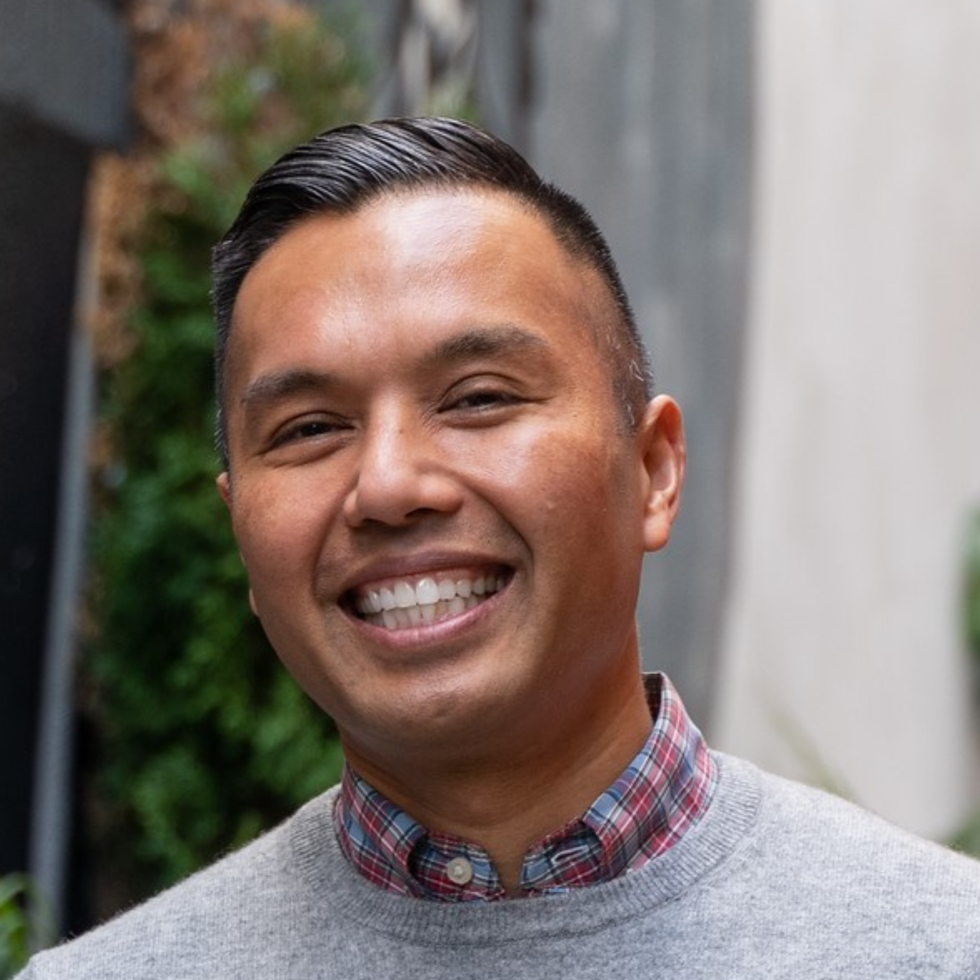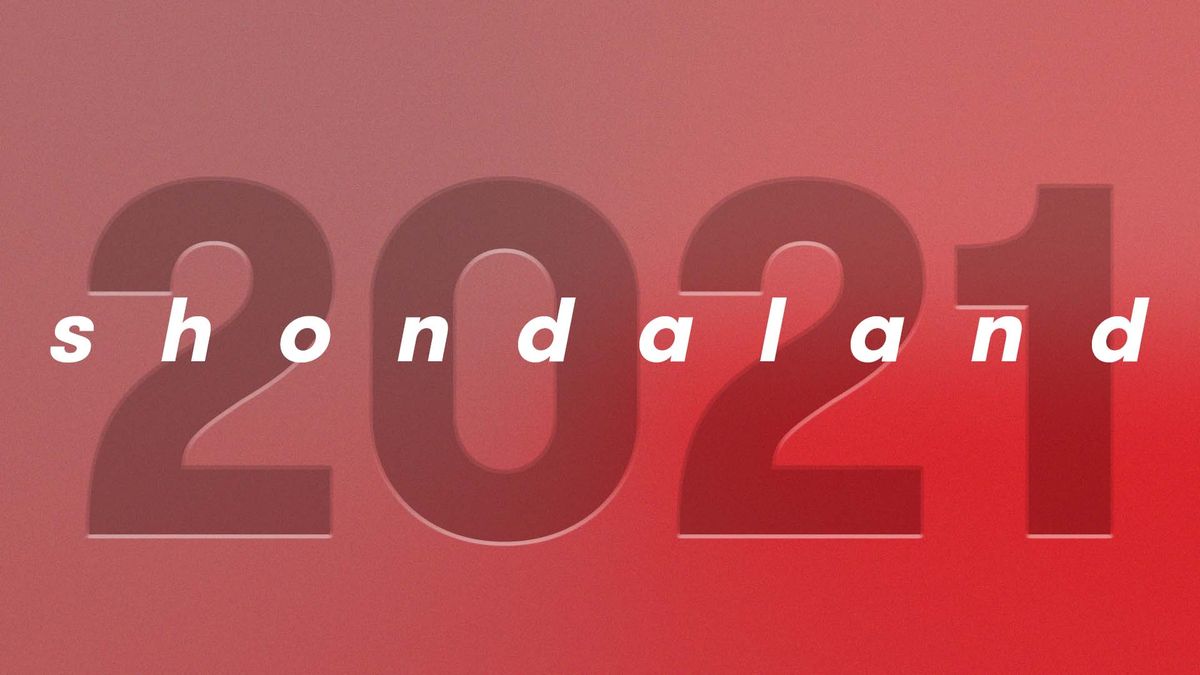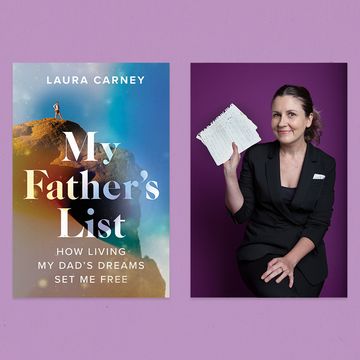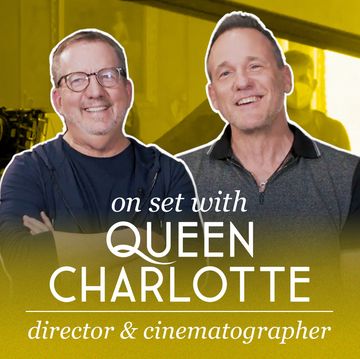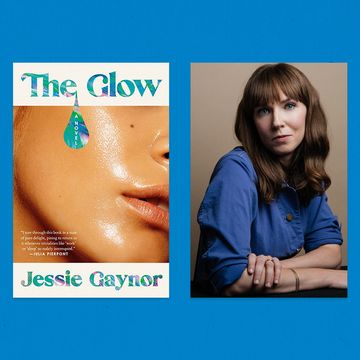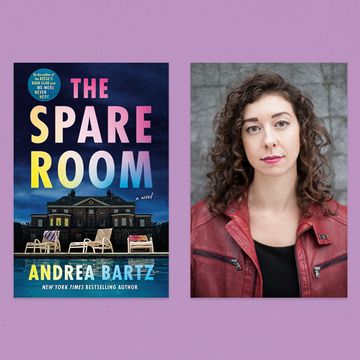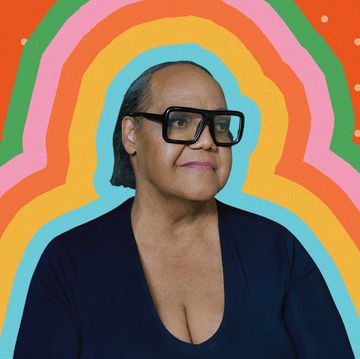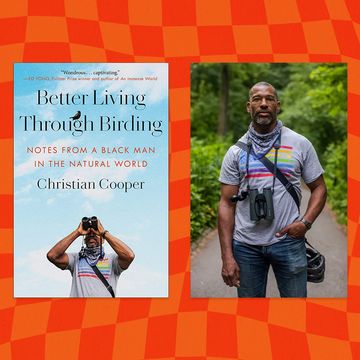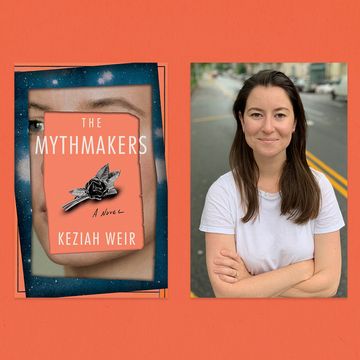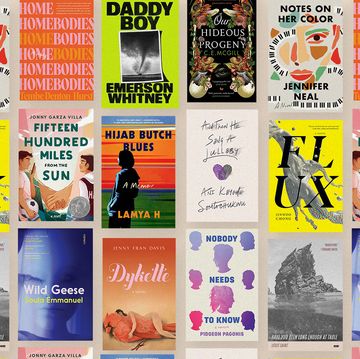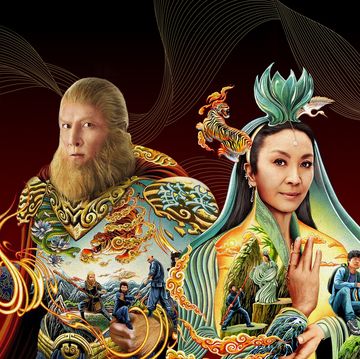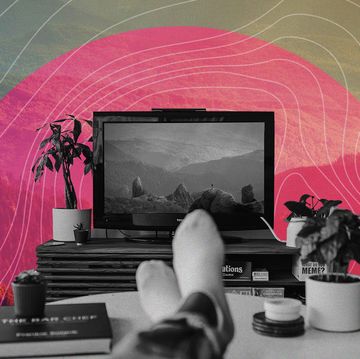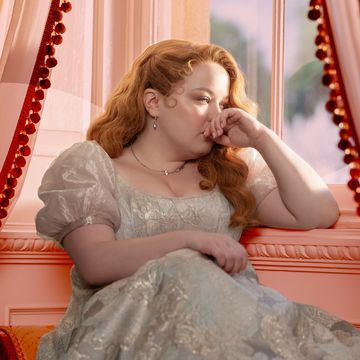Pride Month is a time to celebrate the freedom to love while also recognizing and honoring the valuable contributions queer people have made to society. In the past, the entertainment industry rarely portrayed the lives of queer individuals, and when it did, it often involved negative stereotypes and ridicule. However, in recent times, we have seen the emergence of shows like Pose, RuPaul’s Drag Race, Queer Eye, and many others that highlight the diverse and vibrant lives of queer individuals. Despite these positive developments, there is still a significant amount of work to be done.
According to GLAAD’s 2022-2023 TV report, there has been a decline in the representation of LGBTQ+ characters on television compared to 2022. It is essential to not only increase queer representation on-screen, but also ensure the inclusion of varied and diverse stories. Understanding queer issues is a crucial step toward actively protecting the rights of LGBTQ+ people to live freely, and media plays a significant role in shaping this wider understanding through storytelling. Shondaland spoke with four people who actively work in their respective fields to promote and elevate queer stories on-screen. The hope is that by increasing awareness of queer stories and experiences, it will ultimately lead to policies that protect the rights and well-being of queer people.
DaShawn Usher — Director, Communities of Color & Media at GLAAD
With a background in mass communication and public relations, DaShawn Usher has dedicated a significant part of his life to shedding light on the issues faced by queer individuals, particularly in relation to HIV prevention and awareness within queer communities. This involvement led him to establish the Mobilizing Our Brothers Initiative in 2017, aimed at empowering Black gay and queer people of color to embrace their identities holistically while fostering community, wellness, and queer development.
As a director at GLAAD, Usher initiated a program to help queer creatives share their stories and establish a network to exchange resources and mutual support. This year, he is organizing the Black Queer Creative Summit, scheduled for September 2023, which aims to provide assistance and support to individuals across various sectors of the entertainment industry, ranging from creators to behind-the-scenes professionals.
OYINDAMOLA BAMGBOLA: How have you seen LGBTQ+ storytelling evolve and change over time? In your opinion, what do you think is still missing from current LGBTQ+ narratives?
DASHAWN USHER: I have seen LGBTQ+ storytelling evolve over time, encompassing not only a broader representation of the community but also narratives specifically focused on Black queer individuals. TV shows such as Pose, P-Valley, and Moonlight have played a significant role in allowing people to see themselves reflected on-screen. While there has been progress in representing queer stories, there is still more work to be done in terms of quantity and depth of content. Sometimes, we only get one well-developed character or storyline, whereas there is potential to tell more intricate and nuanced narratives.
In addition, shows that depict Black queer experiences often do not receive the same level of marketing and attention as their white counterparts. Furthermore, the longevity of these shows is often limited. For example, the show Will & Grace had 11 seasons and was even given a reboot, yet Pose was finished after three seasons. I think it is important for our community to recognize the importance of supporting these shows in order to drive change and demonstrate the demand and necessity for such representation.
OB: What level of responsibility do you think the entertainment industry has in portraying queer stories and experiences?
DU: I think the entertainment industry has a social responsibility to showcase the full spectrum of LGBTQ+ stories, including those of Black trans women, nonbinary individuals, and other under-represented groups. It’s not enough to have a few shows showcasing their lives. While the increasing representation is positive, it is crucial to ensure that these stories are not fleeting moments but rather extended periods that accurately depict the diverse experiences of these communities.
I would love to see a show that explores the journey of people living with HIV, examining how it has evolved from the ’80s and ’90s to the present day. It is important to tell the rich history and culture of these communities, especially considering the significant impact and influence of many creatives who are shaping and driving culture. We also deserve shows not steeped in trauma. Queer people deserve to be portrayed in comedies, science fiction, and period dramas, as there are many complex and multifaceted stories that still need to be told.
Robin Cloud — Award-Winning Director and Writer
Starting her journey as a stand-up comic in New York, Robin Cloud found joy in sharing comedic content about her life and experiences, which eventually sparked her interest in directing. This passion led her to write a one-act play titled Out Again, which explores a mother with dementia and her struggle to remember that her daughter is gay. The play garnered success and caught the attention of Refinery 29, which later executive produced an adaptation of the play as part of its Shatterbox Anthology film series.
The experience of working on Out Again solidified Cloud’s path as a director and helped her recognize the power of storytelling and the importance of sharing narratives that have been overlooked. Since then, she has written and directed numerous projects that authentically portray her experiences and queerness. Currently, Cloud is working on reimagining classic films like Calamity Jane through a queer lens as part of the WB 100th anniversary project.
OB: When directing queer stories, how do you ensure an authentic and intentional portrayal of these stories?
ROBIN CLOUD: The stories that I have told so far have been inspired by my own personal life experiences, so they come from an authentic lens. One thing I prioritize is having a cast and crew that includes queer individuals or allies. I always want to give opportunities to people that look like me because their talent is often overlooked in the industry. By being intentional about the people that work behind the screens and on camera, it fosters a positive and safe environment, allowing everyone to freely express their creativity and deliver outstanding performances.
OB: How have you seen the impact of your work on viewers?
RC: One of the most profound experiences I’ve had is when, after a screening, someone from a completely different demographic approaches me and shares how my film has changed their perspective and created a sense of connection. It’s incredibly moving to witness the impact my stories have on people. I receive emails almost every week from individuals who have watched one of my films, expressing how it sparked conversations within their families and helped them navigate personal challenges. My greatest joy and purpose lie in creating stories specifically for Black and brown queer individuals.
Robert Baltazar — NBCUniversal Launch Vice President, TV Programming DEI
After receiving his master’s degree in industrial-organizational psychology from San Francisco State University, Robert Baltazar started his career in entertainment as a manager of human resources at the WB Television Network. Eventually, he transitioned from HR to unscripted programming and development and worked at a number of entertainment companies. As a gay Filipino man, Baltazar was keenly aware that he was one of a few BIPOC TV executives and producers in the world of unscripted programming. Because of this and not seeing himself represented on-screen growing up, he always made it a priority to feature diverse talent and hire producers, cast, and crew from under-represented groups, who include all genders, LGBTQ+, veterans, and people with disabilities, in addition to race and ethnicity.
Now as the VP of TV programming DEI for NBCUniversal Launch, he oversees its talent development programs, such as the NBC TV Writers program, the NBCU Launch TV Directors program and Female Forward, the NBCU Launch Late Night Writers Initiative, and the recently announced NBCU Launch Unscripted Producers Initiative. He works to get the programs’ talent and alumni staffed on NBCU series and also serves as a consultant to their creative teams across the NBCU platforms and Universal Studio Group to ensure that the stories they tell are accurate, authentic, and inclusive.
OB: What obstacles and challenges have you encountered when it comes to getting queer shows on-screen and ensuring their longevity?
ROBERT BALTAZAR: A significant challenge in getting any show on-screen is gaining the support of network executives, who may be hesitant about unfamiliar concepts or stories centered around under-represented groups. People often gravitate toward what they know or find familiar. That’s why it is crucial to have diverse creative executives from under-represented groups in decision-making roles. They possess the influence to green-light diverse shows and bring fresh perspectives to the table. It's encouraging to have forward thinking network executives behind shows such as Will & Grace, RuPaul's Drag Race, and Pose who had the courage to push boundaries and greenlit these shows. These shows have played a pivotal role in reshaping the narrative and challenging perceptions of the LGBTQ+ community.
OB: As an NBCU executive, what initiatives have you implemented to attract queer creatives and promote an increase in queer content across NBCU shows?
RB: NBCU Launch upholds our company’s commitment to diverse representation both on- and off-screen, and we work to provide qualified talent, who historically haven’t had access to the industry, with meaningful job opportunities at any point in their career. One way we do that is through our partnerships with trusted organizations, including those within the LGBTQ+ community, such as GLAAD, Outfest, and Inside Out. We amplify our talent development programs across their networks to encourage submissions, and we’re also able to tap into their networks to source LGBTQ+ creatives as part of the talent pool for hiring on to our productions. Additionally, we lean into the subject-matter expertise of these organizations to help ensure that we are portraying the LGBTQ+ community accurately and authentically in our content.
Tre’vell Anderson — Journalist and Author
As a journalist for the past decade, Tre’vell Anderson has consistently focused their work on highlighting diversity and amplifying the voices of marginalized individuals who exist in the gray spaces and at the intersections of life. As the former director of culture and entertainment at Out, they have been a strong advocate for LGBTQ+ storytelling and have spotlighted queer films and individuals through the numerous interviews they have conducted over the years. This year, they published a book called We See Each Other: A Black, Trans Journey Through TV and Film. This book serves as a compelling blend of memoir and historical exploration, delving into the representation and visibility of transgender individuals in the media.
OB: Your book takes a journey through transgender representation in film and TV. How do you believe these shows have contributed to and influenced our understanding of trans experiences?
TRE’VELL ANDERSON: I think that trans visibility and representation are a paradox. By this, I mean we are more visible than ever before, both on-screen and in broader pop culture discussions. At the same time, we are also the most vulnerable with the legislative assault that our community is currently going through. So, it’s interesting because we now have a greater range of possibilities in terms of how trans people can be portrayed on-screen. I think the ability to see different types of trans experiences is a positive for the community. For example, when a young trans girl can watch a show like Pose and see various trans individuals, it has a positive impact.
Yet as we witness unprecedented visibility in culture, I often contemplate how these images have impacted the everyday lives of trans people. It’s safe to say that while progress has been made on-screen and in Hollywood, those advancements haven’t entirely translated into improved realities for Black trans individuals navigating the world. Despite the varied representations of trans people, they continue to face persecution on a daily basis. I want us to reach a point where the conversation around representation translates into tangible improvements for us.
OB: Looking ahead, what do you hope will change in terms of trans visibility and rights?
TA: We are still in an age where much of trans representation is focused on trauma, tragedy, and our coming-out stage. However, I want to see images of trans people that extend beyond the typical narratives, showcasing the diverse ways in which trans individuals live and exist. We need to get to the point where transness becomes an aspect of a character’s identity rather than the sole focus of the narrative. I envision a future where we have a wide array of trans representation, including the messy trans housewife, the trans villain, or even a trans woman as the president of the United States. I believe that true progress will be achieved when every form of representation includes a trans experience.
Oyinda Bamgbola is a Nigerian-born freelance writer whose work has been featured in Byrdie, Blavity, and Medium. She can talk for hours about her favorite TV shows. You can find her on Twitter and Instagram.
Get Shondaland directly in your inbox: SUBSCRIBE TODAY
